Ukraine: Shells fly, but still Putin’s gas keeps flowing
As Russia’s bombardment of Ukraine intensifies and the humanitarian catastrophe deepens, one thing continues as normal: Europe keeps buying Russian gas. In fact, even more.
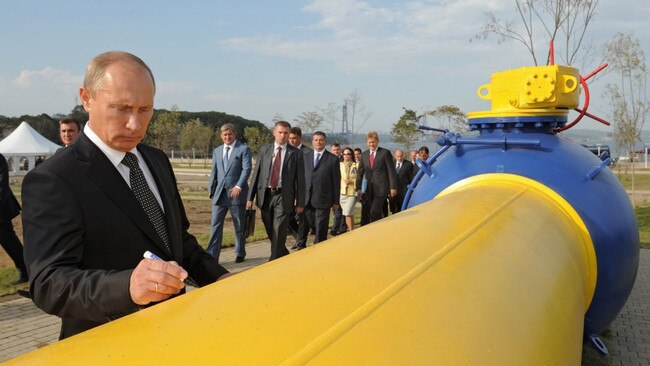
As Russia’s bombardment of Ukraine intensified and the humanitarian catastrophe deepened, one thing continued as normal: Europe kept buying Russian gas.
“We’re better supplied with Russian gas than we have been for a while,” said Tom Marzec-Manser, head of gas analytics at Icis, the price reporting agency. In fact, flows of Russian gas to Europe via pipelines through Ukraine have increased over the past ten days. “It’s mind-boggling to think there is a war going on between two states, and yet one is sending its gas to customers through the other.”
Europe relies on Russia for about two-fifths of its gas imports, or more than a third of its gas needs. The uncomfortable truth is that this dependency has fundamentally shaped the response of western nations to the Russian invasion of Ukraine.
On Sunday, Dmytro Kuleba, Ukraine’s foreign minister, called for “a full embargo for Russian oil and gas” to hit Moscow’s income. “Buying them now means paying for the murder of Ukrainian men, women and children,” he wrote. Those pleas have so far gone unheeded, with sanctions avoiding energy exports and Russia continuing to pump gas to Europe.
Yet, as the conflict continues, the prospect of disruption of Russian supplies is rising up the agenda. “While gas continues to flow from Russia, the risk of [pipeline] shut-ins, export weaponisation and more sanctions persist,” wrote Christopher Louney, commodity strategist at RBC Capital Markets.
Fears over potential disruption contributed to a surge in European gas prices yesterday (Wednesday), taking British prices with them to near-record highs of more than 460p a therm. Although Britain has no direct pipeline imports from Russia, receiving only a few per cent of its supplies from Russia in the form of liquefied natural gas (LNG), it is linked to Europe by pipeline, and prices in the two markets are closely correlated.
Traditionally, the big fear has been Russia “weaponising” energy exports by deliberately restricting gas supplies to Europe - a prospect many analysts regarded as unlikely. “The short-term economic damage and long-term economic and political consequences of a purposeful halt of all Russian gas exports to Europe would be immense and borne by all sides,” Ronald Smith of Russia-based BCS argued in January.
“The ‘gas weapon’, to the extent it exists, can be viewed like nuclear weapons: too powerful to ever be used - or, for that matter, to even be mentioned directly in negotiations.”
Yet with an increasingly unhinged President Putin ordering Russia’s nuclear forces onto higher alert, deployment of that gas weapon is starting to look more plausible.
“Given Putin’s posturing, the gas price is indicating that the market believes there is some possibility that supplies could be restricted,” said Nathan Piper of Investec, who added that this was “inconceivable previously”. He warned that such a move “would have far-reaching consequences on consumers and industry across Europe and the UK” as “there just isn’t enough LNG to replace Russian gas”.
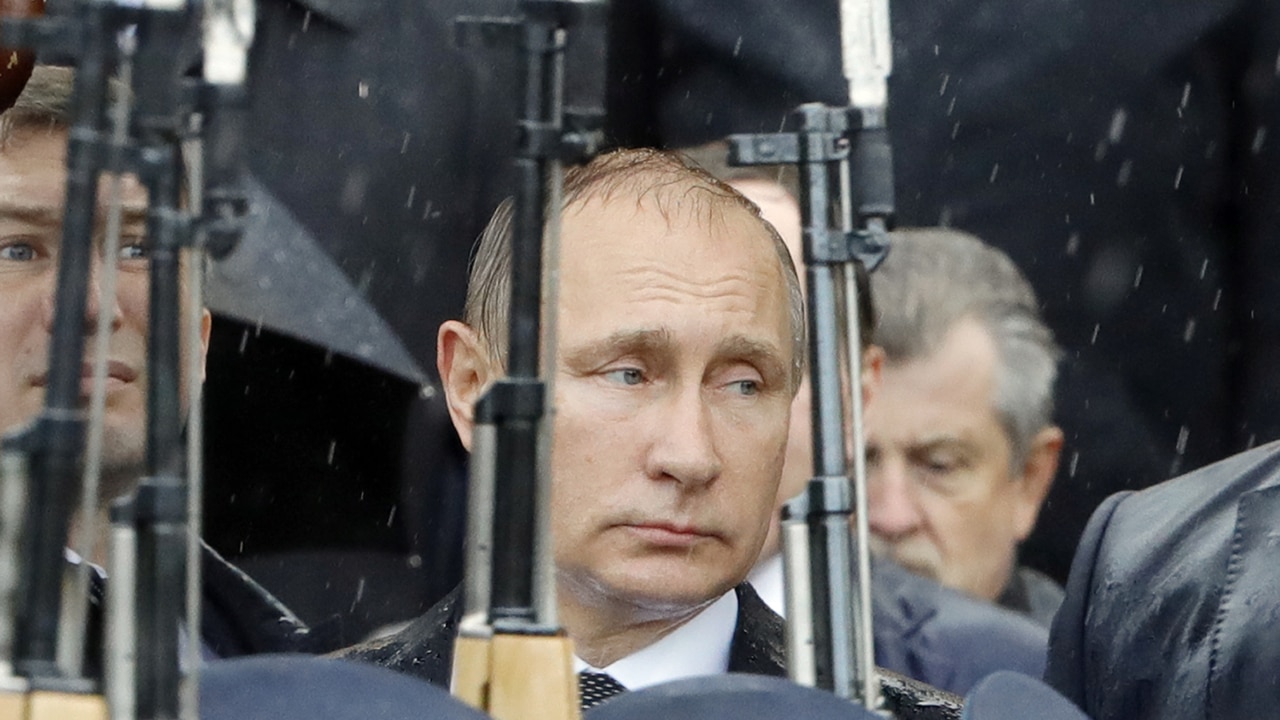
America has been in talks with big global gas producers about diverting LNG supplies to help Europe overcome potential supply disruption said Kaho Yu, principal analyst at Verisk Maplecroft, the risk intelligence company. However, “there are limited options”, with Europe competing with Asian customers for scarce cargoes.
“Even if the US, the world’s leading LNG exporter, diverted all its supplies to Europe, it can replace at most only 70 per cent of Europe’s piped gas imports from Russia,” Yu wrote.
“Under extreme circumstances, if Russia weaponises its gas exports as a response to large-scale sanctions or a deterrent to western support for Ukraine, it will be difficult for Europe to manage the supply chain disruption. Although Europe has been speeding up gas supply diversification and renewable investment to confront its Russian gas dependence, these measures will require years to take effect.”
As such, he argued, disruption to Russian supplies “would likely result in another energy crisis in Europe that will drive high utility bills, disrupt industry and prompt governments to recommission coal and nuclear [power plants] as a short-term solution”.
Analysts at Stifel suggested in December that if all Russian supplies to Europe were cut off, gas prices could hit pounds 10 a therm - more than double the previous record - and warned that there would be “power rationing through rolling blackouts”.
Others have a less apocalyptic, but still severe, view. Phil Hewitt of EnAppSys, the consultancy, said “there will not be blackouts, but gas and electricity would become very expensive”, resulting in “significant demand destruction”.
“Governments will prioritise domestic consumers over industrial consumers,” he added. Marzec-Manser of Icis said that “prices similar to today’s [near-record] high would become a norm”.
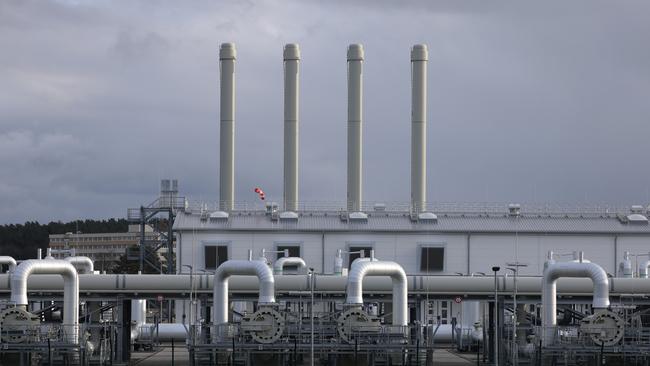
Despite the warnings, Germany’s economy minister, Robert Habeck, claimed yesterday (Wednesday) that the country was “prepared” for the potential for Russia to stop gas exports, saying: “I can give the all-clear for the current winter and summer.”
At the same time, the previously unthinkable prospect of Europe voluntarily stopping Russian gas imports by imposing sanctions is now being seriously discussed. Already, western companies are starting to “self-sanction” by moving to extricate themselves from dealings with Gazprom, the Kremlin’s gas giant, while Britain is exploring ways of blocking LNG imports from Russia.
Kaushal Ramesh, senior analyst at Rystad Energy, an energy consultancy, said that traders were “factoring in the rising probability of sanctions on gas for each day the offensive continues”.
The economic impact on Europe might actually be less than feared, argued David Oxley, senior Europe economist at Capital Economics, who suggested a further sanctions package blocking gas imports was a more likely prospect than Russia stopping supplies.
“Past episodes of energy rationing were not as damaging as one might expect, and a hypothetical 10 per cent reduction in gas use in Europe would probably reduce EU GDP by less than 1 per cent,” he wrote.
Set against that is the immeasurable human suffering and loss of life from failing to stop Russia’s attack on Ukraine.
“The world must now take the extreme measure of full sanctions on Russian oil and gas exports - the one thing that will truly hurt Putin and his allies,” Rory Stewart, the former international development secretary said at the weekend. “We must be ready for the cost this will impose on Germany, Italy and the global economy. But that cost is less than war.”
THE TIMES


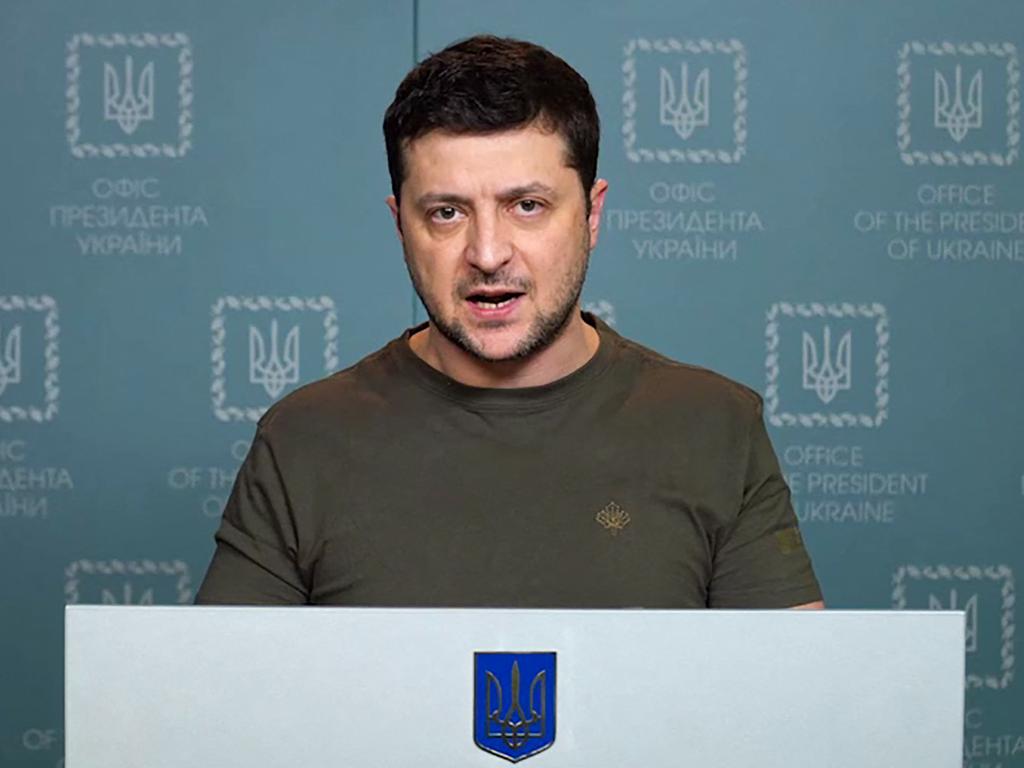


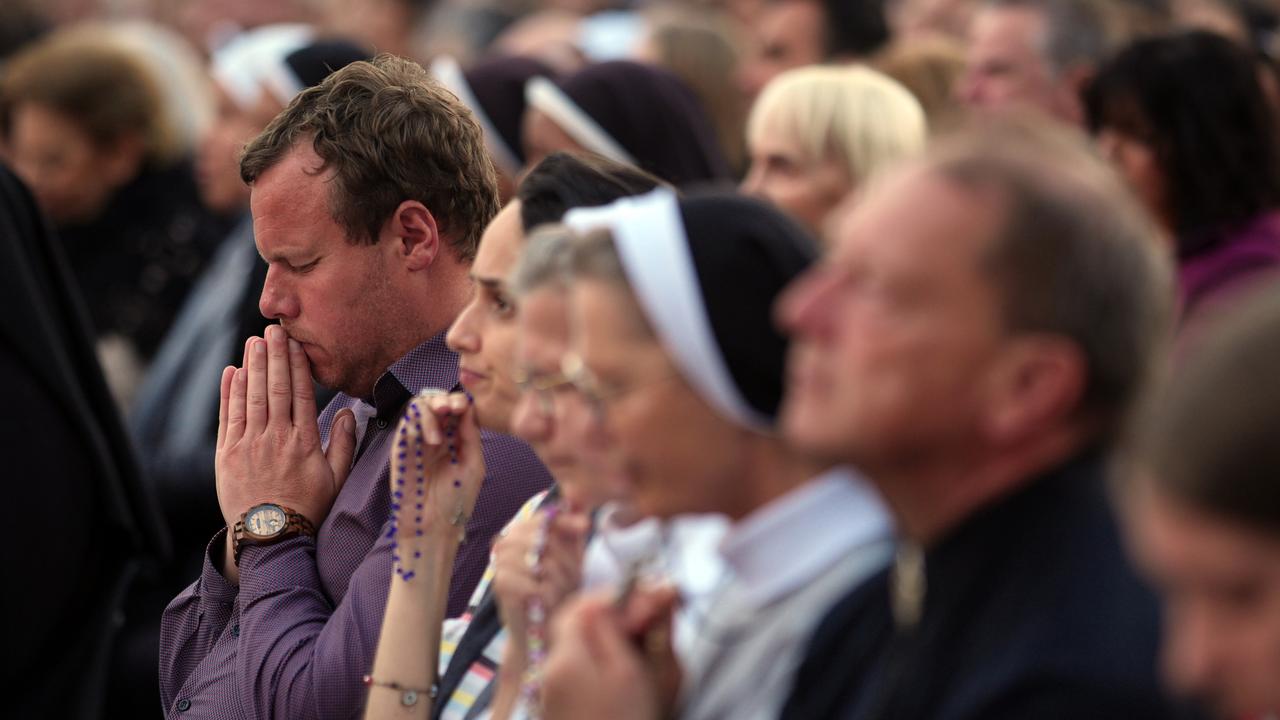
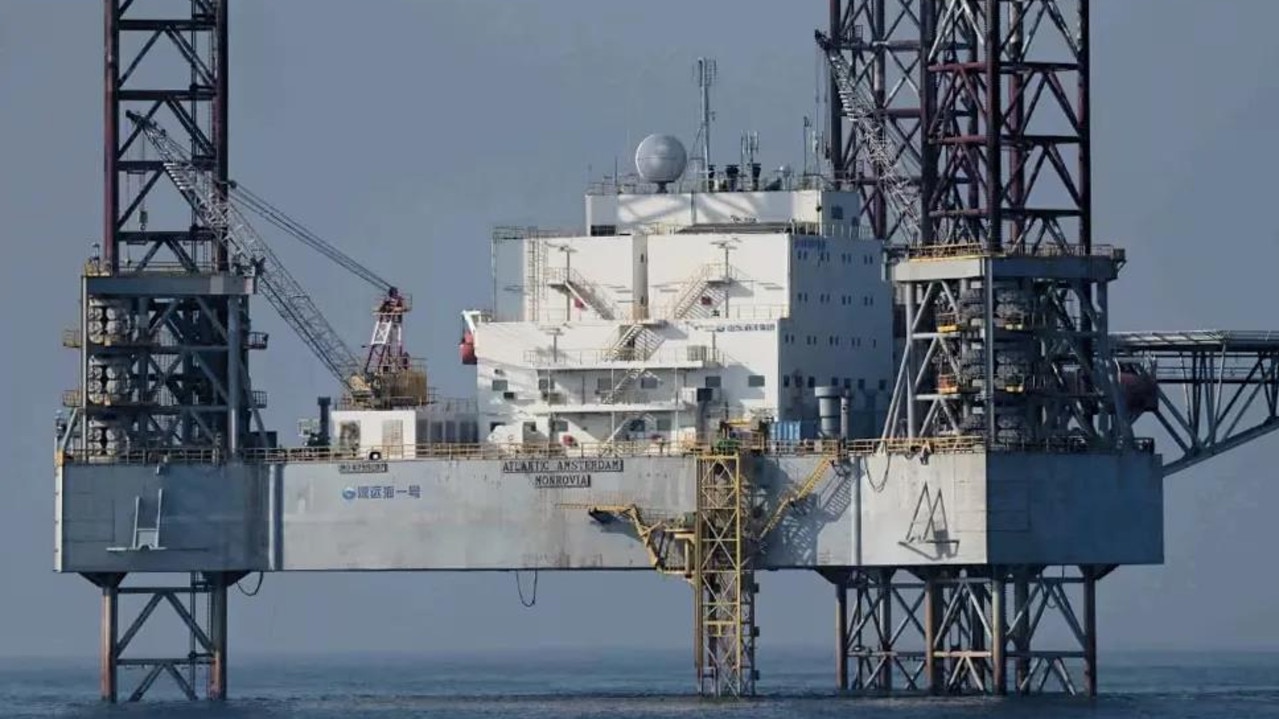
To join the conversation, please log in. Don't have an account? Register
Join the conversation, you are commenting as Logout